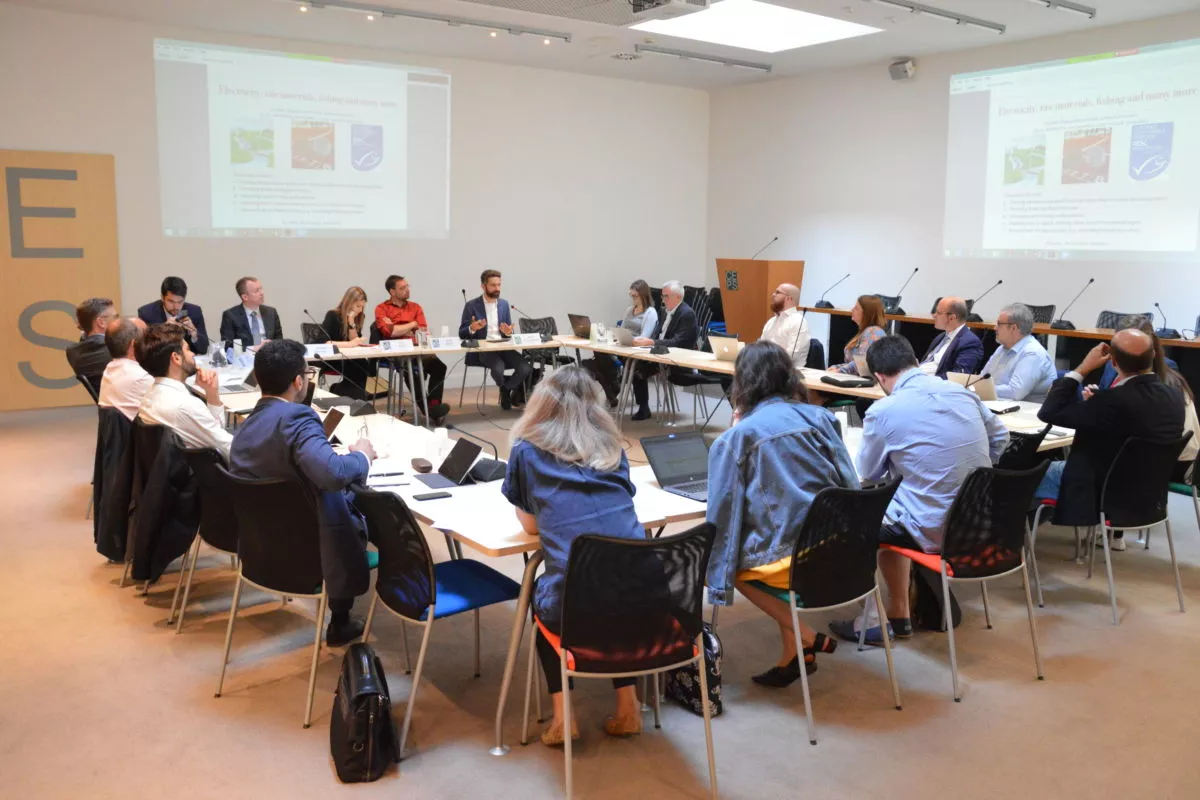Issuing a retail central bank digital currency (CBDC) has emerged as a high priority for most of the central banks around the world. Through this new financial instrument, central banks would open access to their balance sheets to the broader public more than ever before. So far, several countries have fully launched a digital currency, a dozen are running their own small-scale trial rollouts and many more are in the process of exploring and developing such an instrument.
Alongside this global effort, in October 2021 the European Central Bank (ECB) launched a two-year investigation phase of the digital euro project. The aim is to address key issues related to its design and distribution. As it has been made clear by the ECB, a digital euro would not replace physical cash, but rather complement banknotes and coins as an electronic equivalent. It would be offered to the general public, e.g. individual users (subject to certain holding limits), business users and governments or other public authorities, for retail payments.
From a geopolitical and central bank perspective, issuing central bank digital euro (CBDE) is quickly becoming a matter of necessity. Nonetheless, the possible implications of a CBDC are so pervasive that its design and implementation require careful examination and planning. Equally, a thorough understanding of the potential consequences is of crucial importance.
CEPS, ECMI and ECRI are launching a Round Table on the Digital Euro, aiming to spark a wider discussion and a more in-depth analysis on the possible impacts of a digital euro. Beyond the topics of privacy and inclusion that are a concern for citizens and have been largely discussed, a greater understanding is required regarding the impacts it could have on financial stability, European sovereignty and strategic autonomy on payments, as well as on interoperability.
The Round Table will be composed of a limited number of industry stakeholders, academics, and policymakers and it will address questions including:
- How can the digital euro serve Europe’s strategic autonomy and allow for the strengthening of the European financial sector’s competitiveness?
- What will the digital euro’s impact be on the over-reliance on international card schemes in the European payments space?
- How does the digital euro affect banks’ business models and their financial intermediation role, including the possible structural and cyclical disintermediation?
- How can differences across the Member States be addressed when considering the potential undesirable consequences of issuing a digital euro?
- What could the possible future dominance of BigTech companies and private stablecoins in the digital payments sphere look like?
- To what extent does the digital euro leverage on existing payment infrastructures and solutions?
- How would the digital euro interoperate with existing payment solutions? What schemes should be developed to ensure such interoperability?
- How should the distributing intermediaries of digital euro to end users be compensated?
- What is missing from the digital euro project that is needed to achieve its ultimate goal of providing an anchor of stability for the euro?
Finally, the Round Table will put forward concrete policy recommendations that would facilitate the successful introduction and adoption of a digital euro.
Please find further details in the prospectus. The kick-off meeting will take place at the end of April. There is a limited membership capacity, so if you would like to join the Round Table, please express your interest by completing the registration form.
For any further queries, please contact: [email protected].

















